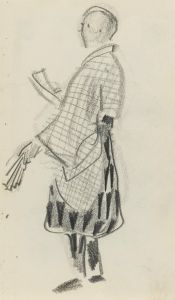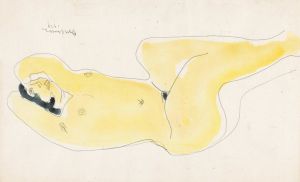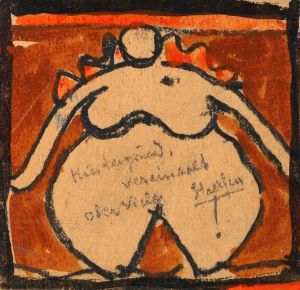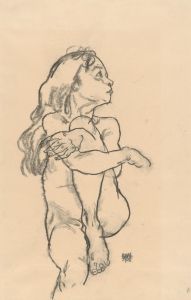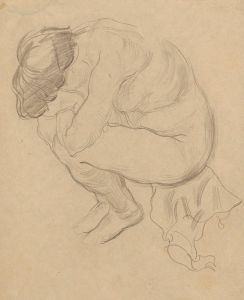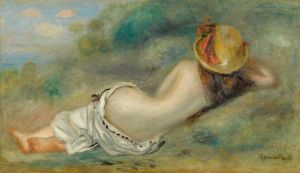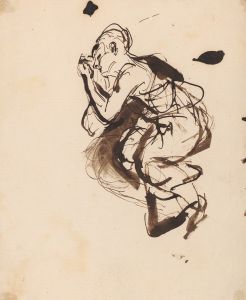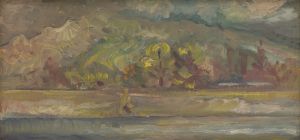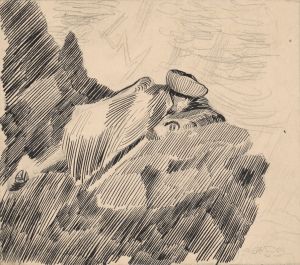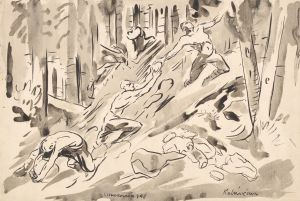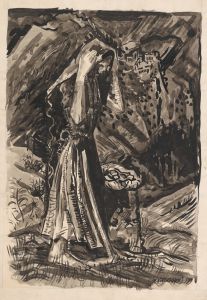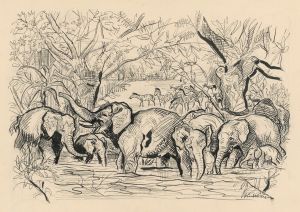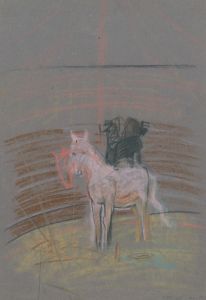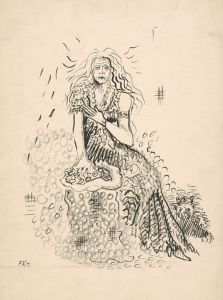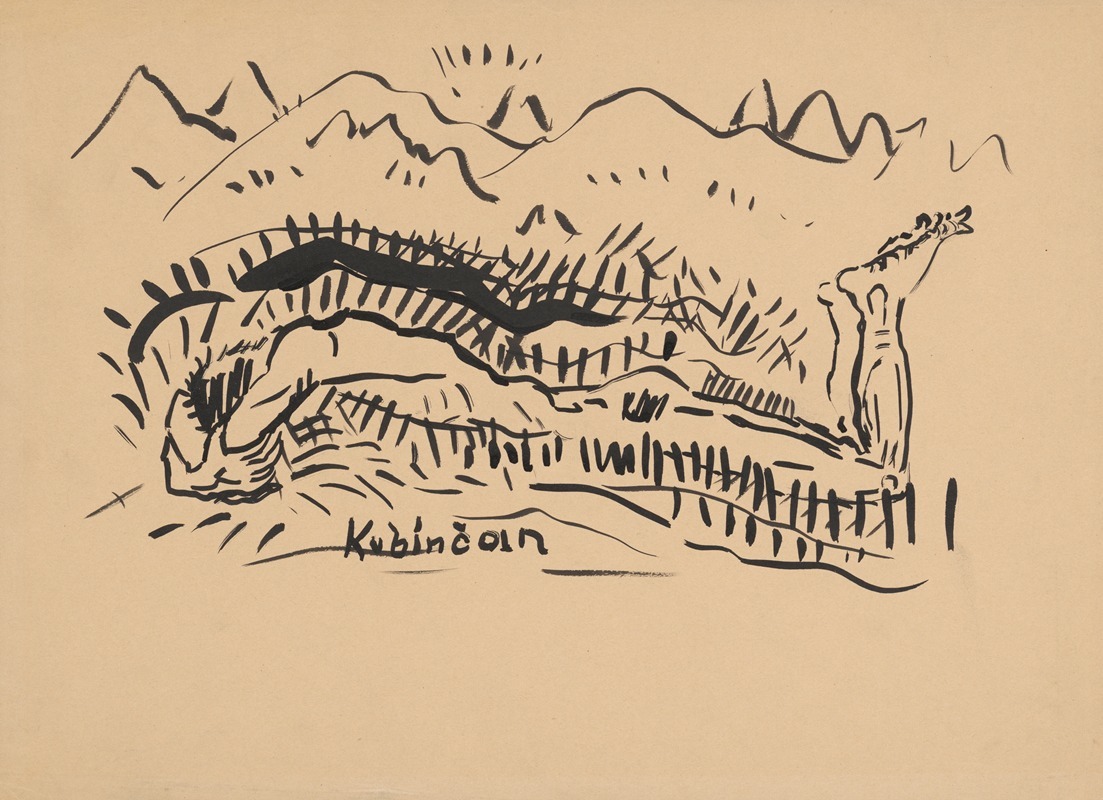
Reclining Male Nude
A hand-painted replica of Arnold Peter Weisz-Kubínčan’s masterpiece Reclining Male Nude, meticulously crafted by professional artists to capture the true essence of the original. Each piece is created with museum-quality canvas and rare mineral pigments, carefully painted by experienced artists with delicate brushstrokes and rich, layered colors to perfectly recreate the texture of the original artwork. Unlike machine-printed reproductions, this hand-painted version brings the painting to life, infused with the artist’s emotions and skill in every stroke. Whether for personal collection or home decoration, it instantly elevates the artistic atmosphere of any space.
Arnold Peter Weisz-Kubínčan was a Slovak painter of Jewish descent, born on March 3, 1898, in Dolný Kubín, Slovakia. He is known for his contributions to modern Slovak art, particularly in the interwar period. Weisz-Kubínčan's work is characterized by its expressive style and often explores themes of human suffering and existential angst, reflecting the turbulent times in which he lived.
One of his notable works is "Reclining Male Nude," which exemplifies his skill in capturing the human form with a sense of raw emotion and vulnerability. This painting, like many of his others, showcases his ability to blend traditional techniques with modernist influences, creating a unique and compelling visual language.
"Reclining Male Nude" features a male figure in a relaxed, reclined position. The use of light and shadow in the painting highlights the contours of the body, emphasizing the musculature and the natural form of the human figure. Weisz-Kubínčan's brushwork is both precise and expressive, allowing him to convey a sense of movement and life within the stillness of the pose.
The background of the painting is relatively simple, which serves to draw the viewer's attention to the central figure. The choice of a nude subject is significant, as it strips away any external identifiers, focusing purely on the human form and its inherent beauty and complexity. This approach is consistent with Weisz-Kubínčan's broader artistic goals of exploring the human condition and the inner experiences of individuals.
Weisz-Kubínčan's career was tragically cut short by the events of World War II. As a Jewish artist in Slovakia during the rise of the Nazi regime, he faced increasing persecution. In 1944, he was deported to Auschwitz, where he perished. Despite his untimely death, his work continues to be celebrated for its emotional depth and technical mastery.
"Reclining Male Nude" remains an important piece within Weisz-Kubínčan's oeuvre, reflecting both his artistic talent and his ability to convey profound human experiences through his art. Today, his works are held in various collections and continue to be studied and appreciated for their contribution to modern Slovak art and their poignant reflection of the human spirit in the face of adversity.





